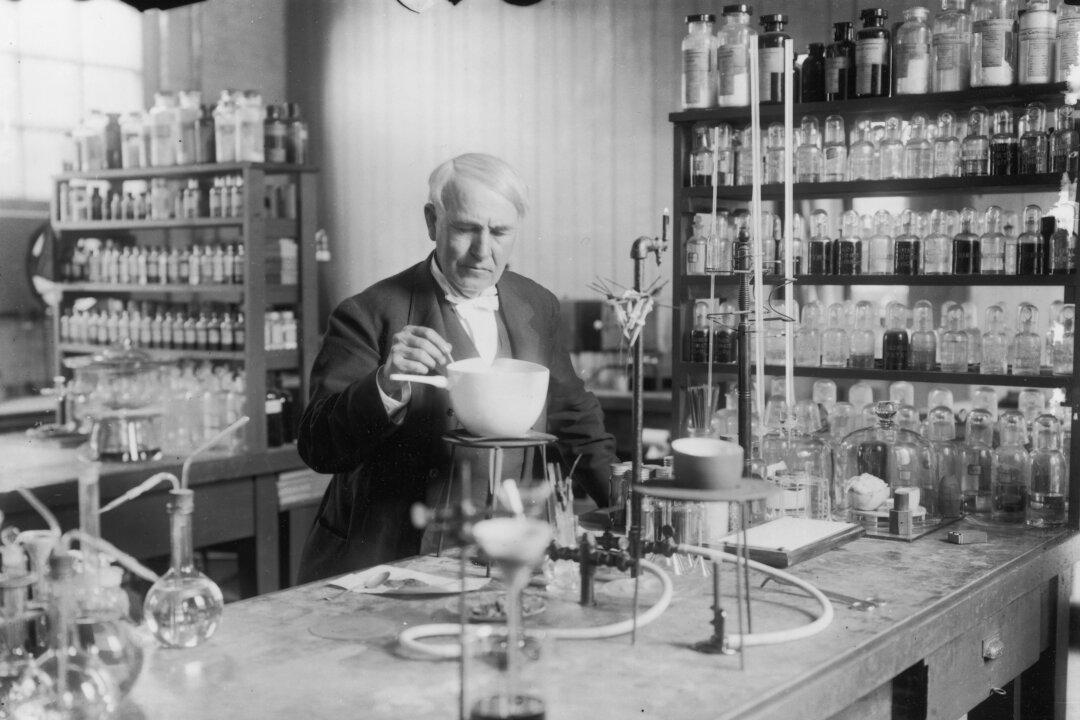“He ain’t got a lick of sense.”
There’s an expression I haven’t heard since my boyhood in Boonville, North Carolina. The people who once spoke those words could address them to just about everyone, from the sixth-grade schoolboy shooting a BB gun at his friend to the 20-year-old mechanic who had taken out a loan to buy a brand-spanking-new Ford Mustang. Sense referred to common sense, which meant sound judgment and a practical bent, and most of the grownups I knew in those bygone days struck me as eminently sane men and women for whom this virtue was second nature.





